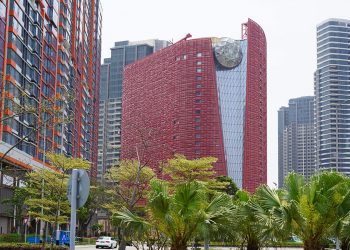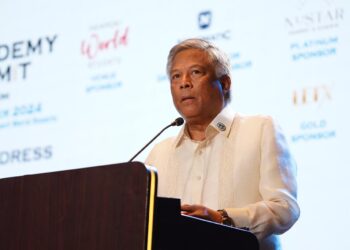Singapore’s International Commercial Court has revealed that its 2019 ruling against Australia’s Star Entertainment Group in its quest to recoup AU$43.2 million (US$30 million) from a Singaporean businessman who refused to repay his gambling debts was due to public policy aimed at protecting Singapore’s interests.
The case, described as the largest casino debt case ever filed with a Singapore court, had seen the Australian casino operator pursue 55-year-old Wong Yew Choy for money he lost on the VIP tables at The Star Gold Coast in 2018.
Wong alleged that a senior casino executive promised he would not be liable for his losses up until 29 July 2018 due to mistakes made by a baccarat dealer, nor would he be liable for any future losses if further mistakes were made. When another mistake was made on 1 August, Wong immediately stopped playing, he claimed.
Also in dispute was the nature of The Star Gold Coast’s loan to Wong. According to Star Entertainment Group, Wong requested and was given a check cashing facility for AU$40 million, which was later increased by another AU$10 million. Wong said he did not make any such request and was instead offered the AU$40 million credit directly.
Wong gave Star Entertainment Group a blank check on arrival which the company later filled out, only to find that Wong had cancelled the check upon his return to Singapore.

In grounds for the decision released last week, Singapore International Commercial Court judge Jeremy Cooke expressed little compassion for Wong but explained that Singapore’s Civil Law Act specifically denies the enforcement of gambling debts accrued in foreign jurisdictions.
“However much it might stick in the gullet and appear unconscionable for a wealthy man to avoid what has been described as a ‘debt of honour’ by reason only of s 5(2) of the Act … for a Singapore citizen to be able to bet with impunity abroad at regulated casinos where he could not do so if he had betted at regulated casinos in Singapore, this is recognized … as a necessary concomitant of a public policy which is protective of Singapore’s interests,” Judge Cooke said.
“The legislative policy has limited the effect of s 5(2) of the Act in the light of the economic interest of the country and the desirability of encouraging foreigners to expend their income in licensed casinos here, whether as part of integrated resorts or otherwise, whilst maintaining a paternalistic and controlling hand in respect of its own citizens and their exposure to such activities.”
Judge Cooke noted that Wong had himself made substantial profit as a result of interests in online gambling operations, adding, “The Defendant is not a vulnerable individual who needs to be protected against exploitation, against himself and his own proclivities, but in my judgment, s 5(2) of the Act is clear in its effect and there is no exemption to its terms that can apply in the present case.”
Star Entertainment Group stated at the time of the original verdict in October 2019 that it planned to appeal the decision.


































